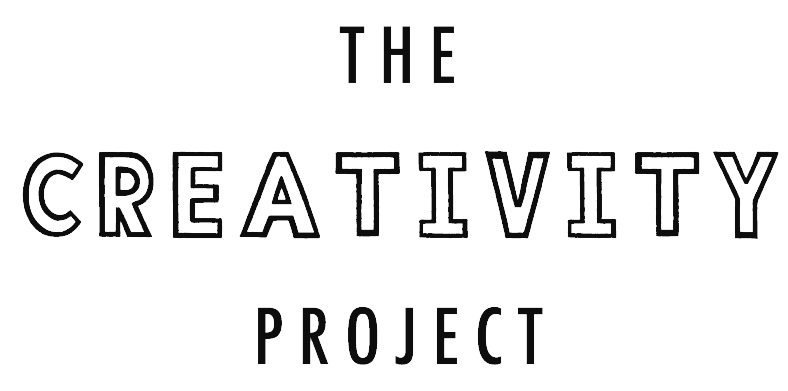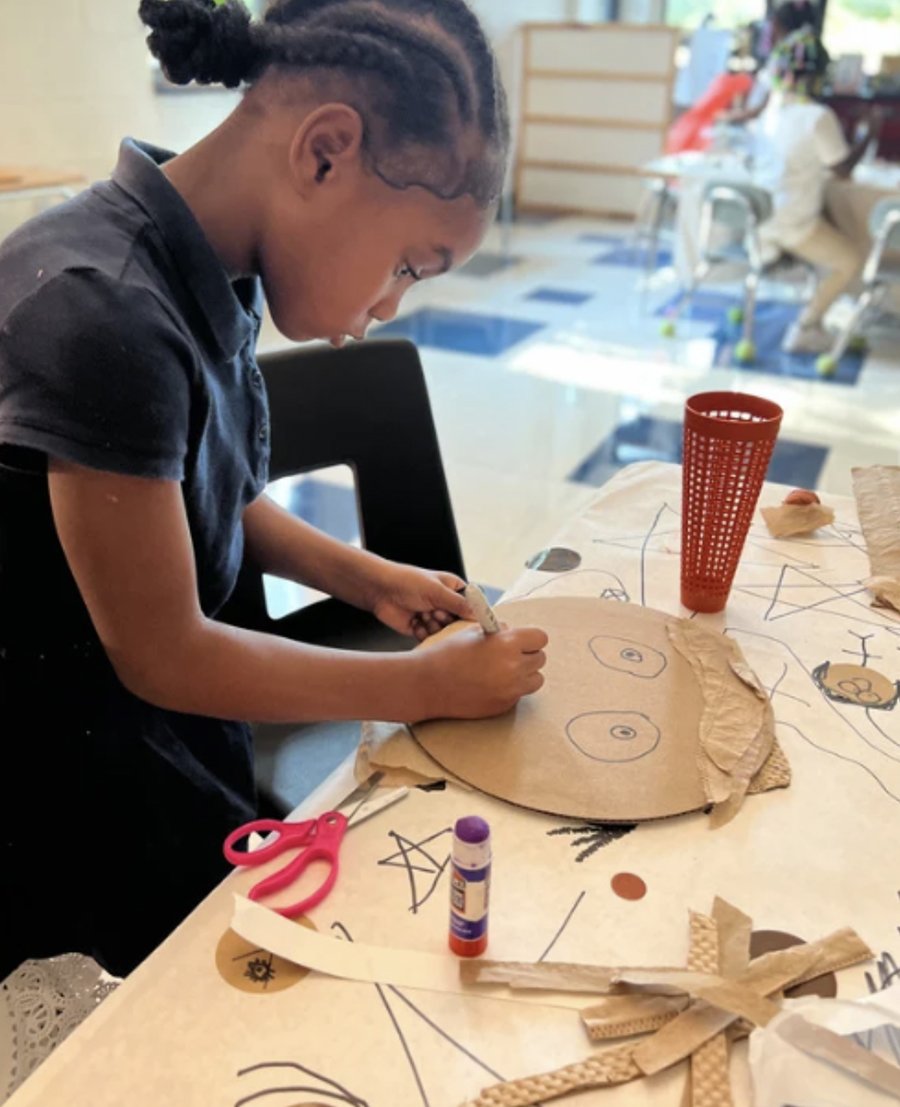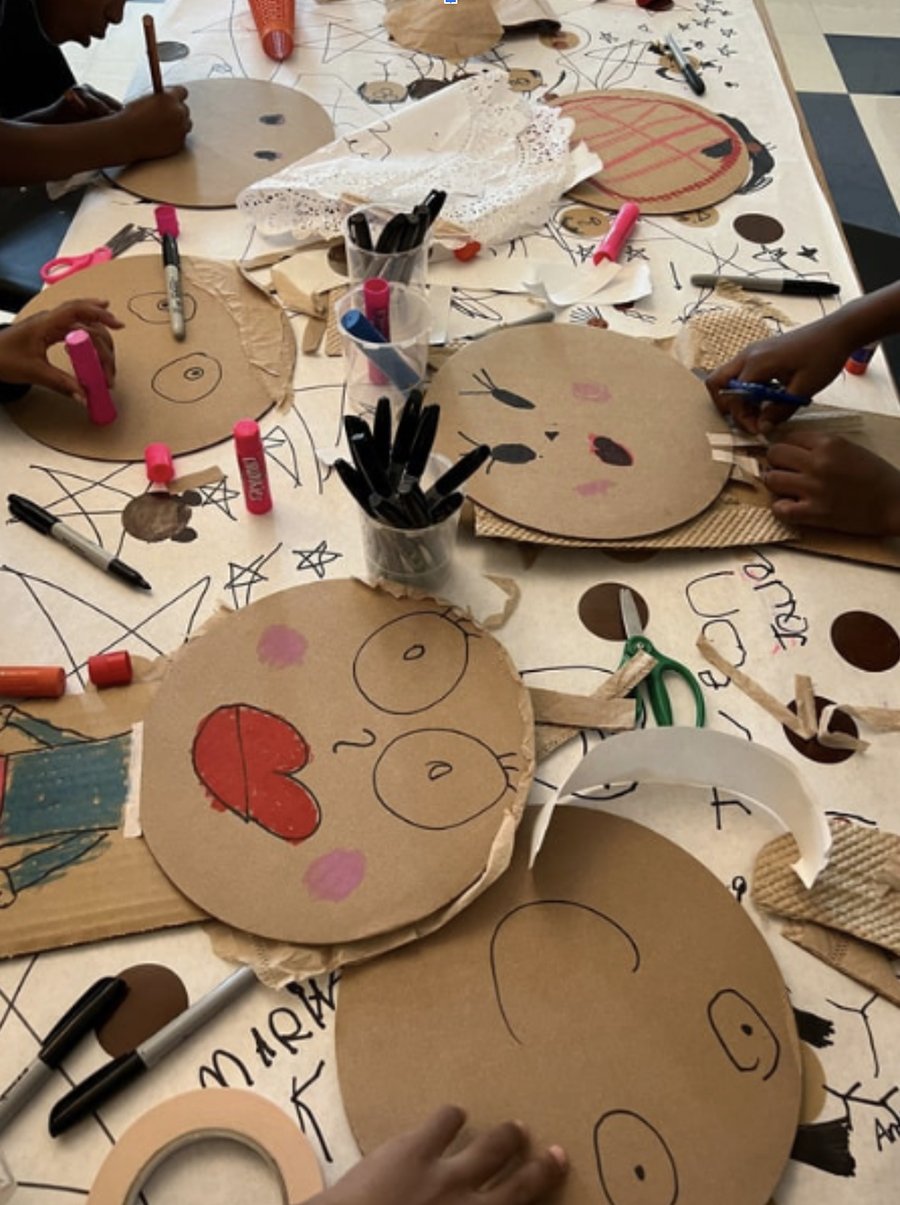Encouraging Collaboration and Partner Play
I have been thinking a lot recently about how much of a child’s day is spent doing isolating, independent tasks. At younger and younger ages, children are expected to walk in straight lines, listen silently in circles, and answer questions directed at them by a teacher. When teachers are tasked with grading and assessing individual children, this kind of teaching can feel necessary. But we know that with a shift of mindset and an observant eye, teachers can create vibrant learning communities and promote the development of socio-emotional skill-building. When we allow children to work together, share ideas with one another, and truly collaborate, everything is more authentic, engaging, and effective!
I am remembering a recent play experience where we provided children with paint sticks, collage materials and cardboard circles. Three children worked side by side at the art table for almost an entire hour! All three children faced obstacles in realizing their visions for self-portraits, yet I observed them:
Advocating for use of additional materials they needed to make their vision come to life. (space for hair, a piece to draw on the body, fabric for embellished clothing).
Looking to each other for support and guidance (creating semblance with hair and lips)
Looking beyond what was provided to solve the creative challenge of representing themselves (cutting textures strips and finding glue sticks to make them lay above the eyes like bangs).
Asking for help when their collaborations were not enough to complete their visions ("I need to try again! Can I use another circle?").
Our important role in a classroom is to provide accessible materials, allow children to work together, and teach and learn from one another. When we lay this foundation of agency, children will, in turn, feel safe enough to speak up, to share ideas, and to support each other's ideas and work.
Do you need help reimagining your classroom as a hub of creativity where children share ideas and feel seen, known, and celebrated? Learn more about our Materials Matters course and Professional Learning Workshops and transform your creative practice today.


